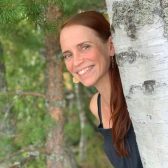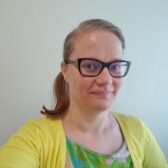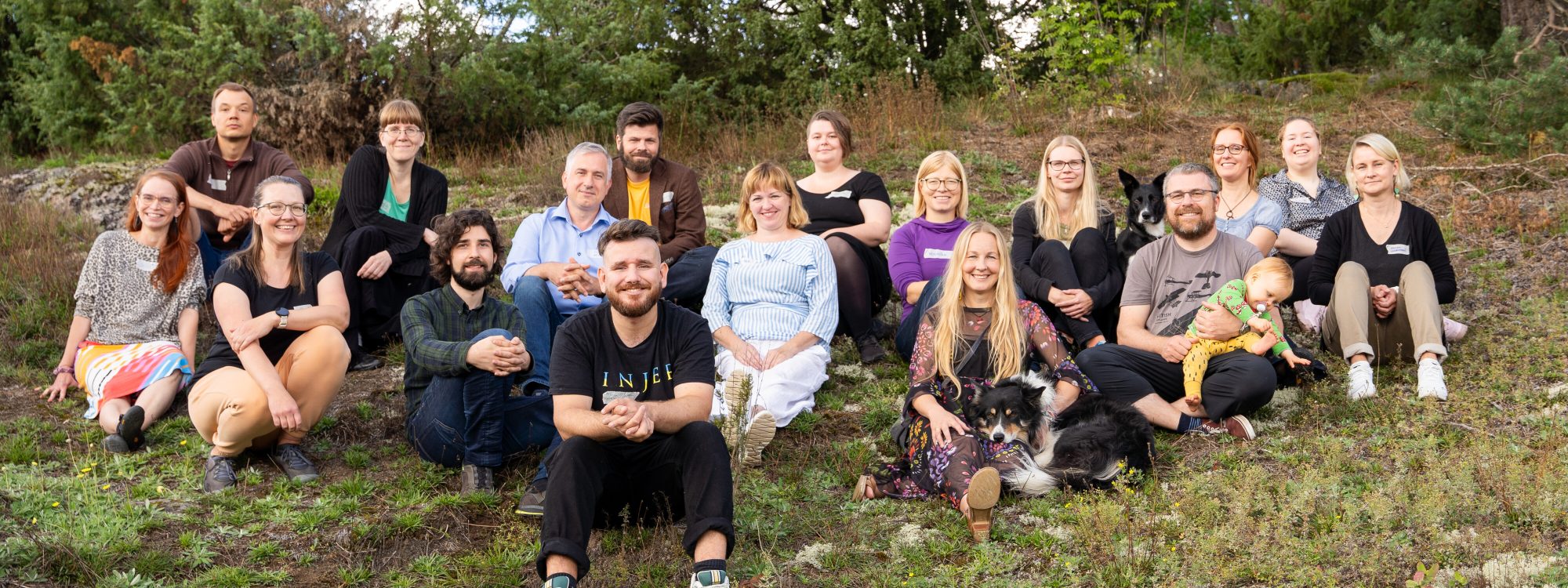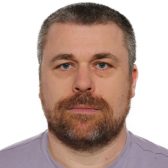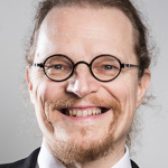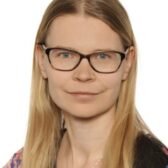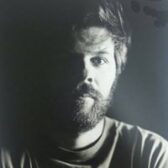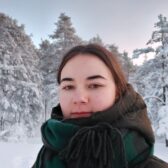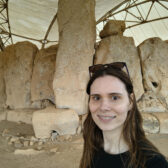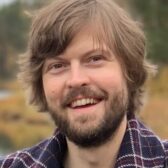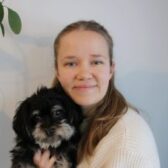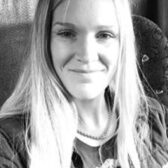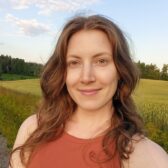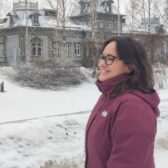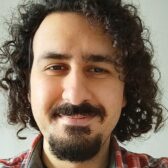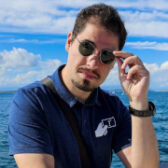Team
University of Turku is in a unique position to reach the international forefront in the field by hosting multiple world-leading research teams studying human diversity from complementary perspectives, constructing diverse digital datasets, and developing technologies for their analysis.
PIs
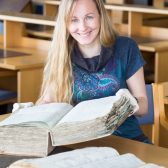
Virpi holds a professorship at the University of Turku to study natural selection in contemporary human populations. She is keen to investigate how the modern environment itself fuels human evolution and how demographic shifts to low birth and death rates affect the opportunity for selection or specific trait selection. Her group uses longitudinal demographic data from Finland spanning 350 years and 15 generations to look at how the strength and direction of selection on key fitness traits may have changed with the modernisation of societies.
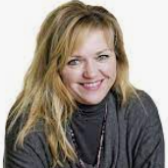
Päivi is Professor of Evolutionary Genomics in the Department of Biology, UTU. Her areas of expertize are population genomics, human archeogenetics, as well as computational genetics, focusing on gene mapping. Her main project is the Ancient genes in North-Eastern Europe (SUGRIGE), where population genetics of ancient people in Uralic speaking areas are being studied. She has ample previous experience on leading multidisciplinary projects integrating genetics and archeology. She has also been active in leading digitalization of archeological datasets (see e.g. URHIA). Päivi is specifically interested in questions of the natural selection in the past and present in N-E Europe; both the effects of northern environment and diet, as well as the pathogens and epidemics encountered.
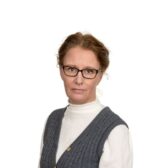
Outi runs a BEDLAN team studying human linguistic past through language change in time and space. This is done through data infrastructure collected by BEDLAN: “Uralic Trove” (suomeksi UraLaari) includes linguistic variation of Finnish 100 years ago, UraLex (Uralic basic vocabulary cognate corpus), UraTyp (Uralic typological features including also Grambank features for Uralic languages), as well as the cartographical database of Uralic language speaker areas. The linguistic variation can be studied in relation to (a)biotic variation of Finland and the Uralic speaker area, and material and immaterial cultural variation in Finland in 1600-1800’s. The spatial approach on Finnish past can be further achieved through AADA, an archaeological artefact database of Finland, collected through interdisciplinary projects Kipot ja kielet and URKO. The computational framework has turned the high-quality information achieved in historical linguistics, cultural studies and archaeology into easily accessible data bases, that BEDLAN uses to study language evolution with methods derived from population biology, phylogenetics, landscape ecology, geography and computational sciences.
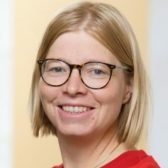
Areas of expertise
Computational linguistics, text linguistics, corpus linguistics, digital discourse analysis
I am a linguist who likes computers. My main research topics include language variation across different communicative situations and the development of automatic tools so that we could better benefit from large, web-crawled corpora.
My ongoing projects include “A piece of news, an opinion or something else? Different texts and their detection from the multilingual Internet” funded by Emil Aaltonen foundation and “Massively multilingual modeling of registers in web-scale data” funded by Academy of Finland.
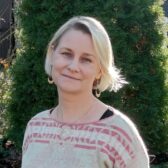
Mirkka is an Associate professor in the Department of Biology, UTU. Her research focuses on evolution of life-histories, health and health behavior in historical and modern societies. She investigates how social and physical living environments are associated with survival, reproduction and health of humans and how the past environments have shaped our health in the modern world. Her research utilizes various datasets from historical and modern Finland and is highly multi-disciplinary, enabling to take a long-term view on health and life-history evolution and the underlying environmental, cultural and social factors in humans. She conducts also comparable research on long-lived and highly social Asian elephants, and is particularly interested in how elephant milk is affected by their living environments and health of individuals.
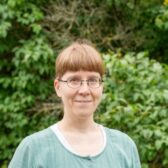
Elina is an Associate Professor in Archaeogenomics at the University of Turku, both in the Department of Biology and in the Department of Archaeology. With a background in population genetics, she focuses her research on the genetic population history of Finland and nearby regions, combining insights from DNA sequence data of modern and ancient individuals with knowledge produced by other disciplines, in collaboration for example with experts of archaeology and historical linguistics. This provides a unique view not only on human genetic diversity and major biological events such as migration, population contacts and admixtures, and natural selection, but also to past individuals’ lives and roles as members of their communities.
TurkuNLP Group
TurkuNLP (Natural Language Processing) is a multidisciplinary research group combining NLP and digital linguistics. We develop machine learning methods and tools to automatically process and understand text data and apply these to explore human interaction and communication in very large digital text datasets such as those automatically crawled from the internet and historical text collections.
AI and computational modelling
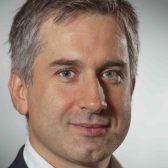
Complex networks and artificial intelligence (AI) play a crucial role in understanding human diversity by providing a framework for analyzing and modeling the interactions and relationships between different individuals, groups, and communities. These methods can reveal relationships and connections between different groups of people, helping to identify patterns of genetic evolution, but also of inequality, and marginalization. Additionally, AI can also help identify and predict potential biases in the data, furthering the understanding of how human diversity is affected by societal and cultural influences. This provides powerful tools for exploring and understanding the rich and complex diversity of human populations.
Archaeology
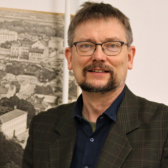
Historical archaeology with a focus in medieval and early modern Northern Europe.
Postdocs and Senior researchers
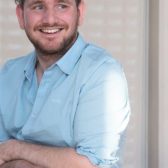
PhD researchers
Research assistants, trainees and junior staff
Coordinators
